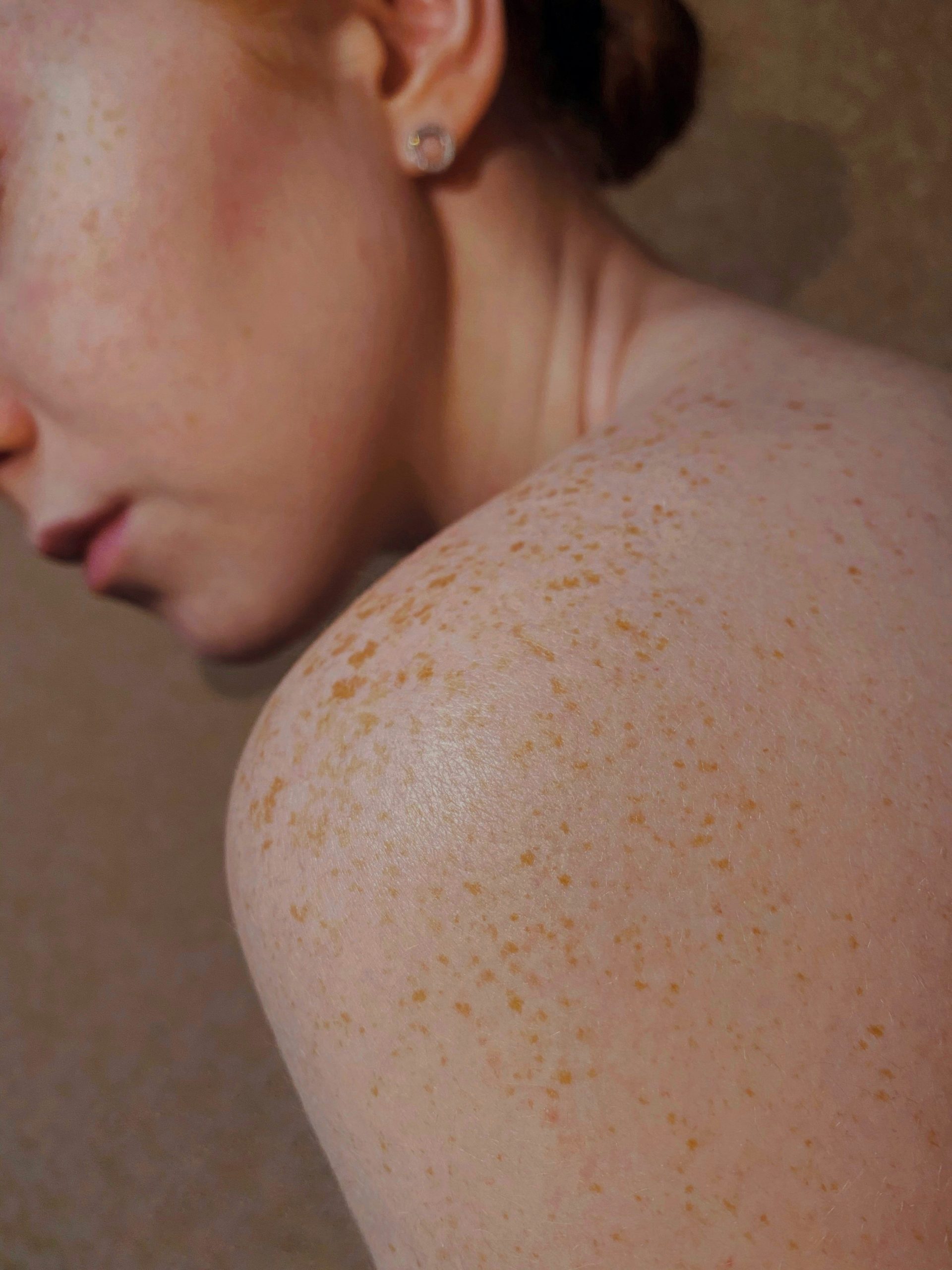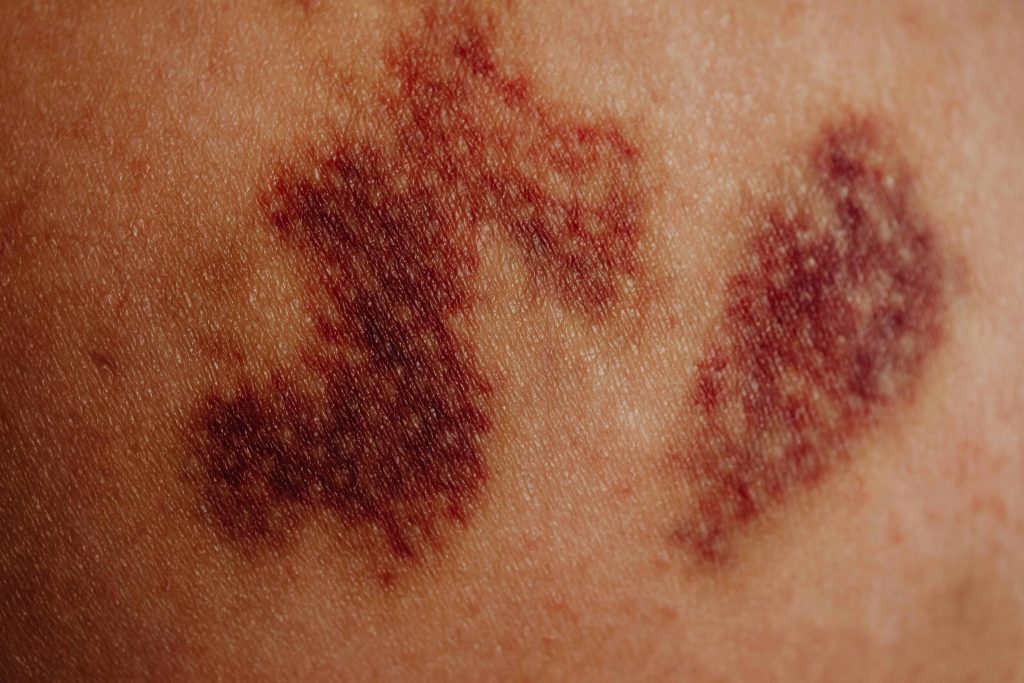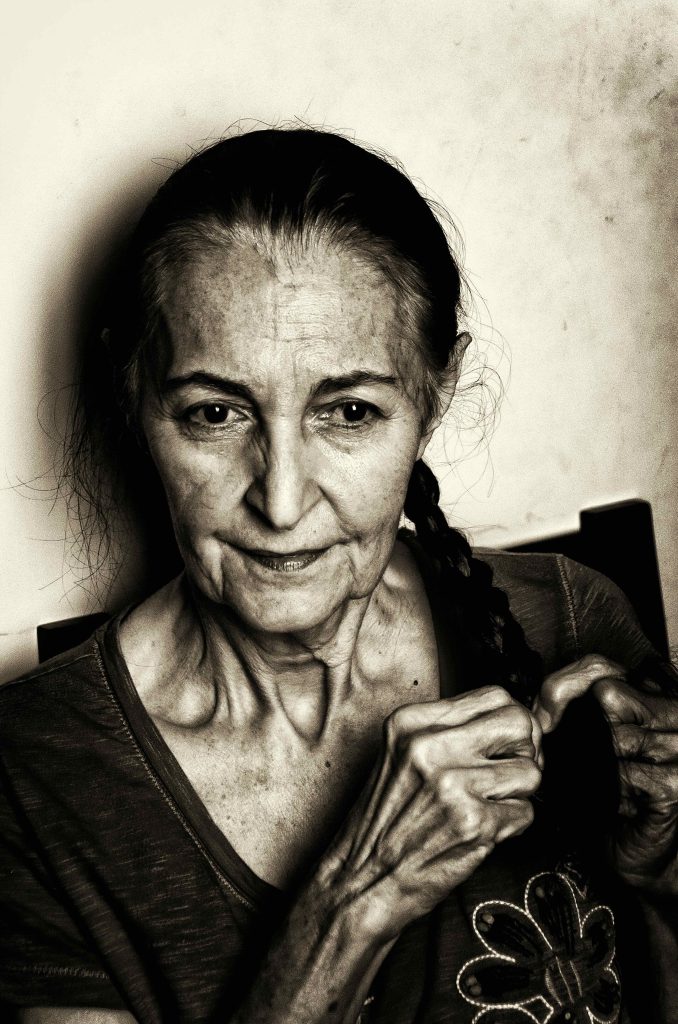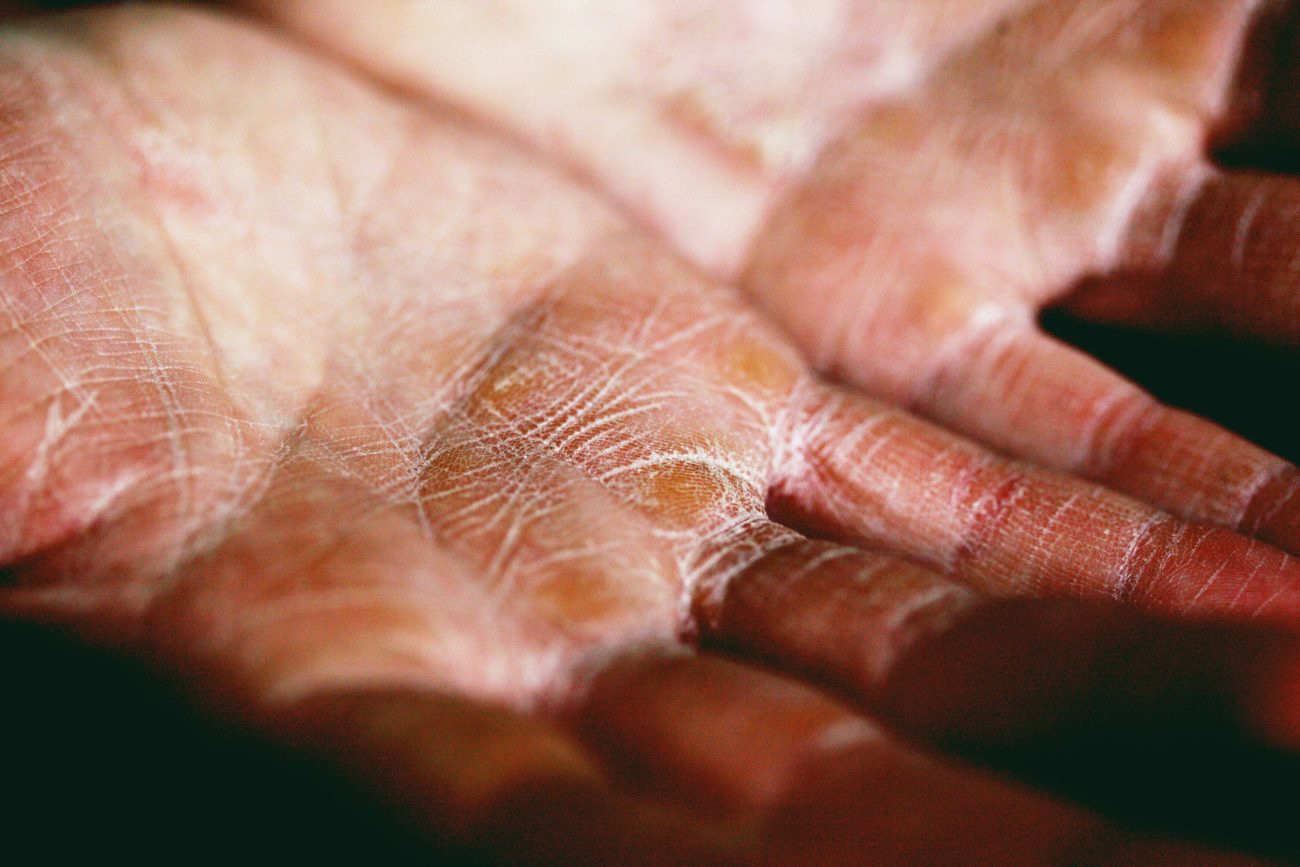Dry, rough, or textured skin is caused by a combination of genetics, environmental exposure, aging, and lifestyle choices. Maintaining skin health requires proper hydration, balanced nutrition, gentle skincare habits, and protection from environmental stressors. Understanding these root causes can help us adopt effective daily routines for smooth, radiant skin.

The skin barrier is the body’s frontline defense against environmental aggressors and water loss.
— Dr. Whitney Bowe, Board-Certified Dermatologist
Our skin needs water and natural oil to keep skin soft, smooth, and bright. Without moisture, our skin becomes dull and rough. Our skin health has been influenced by several factors that cause rough, dry, or textured skin. Let us be aware of it.
1. Genetics
The most manifest reason is genetics, including dermatological conditions, gene anomalies, and skin type. From childhood to late adulthood, the symptoms of these reasons can emerge anytime.

i) Skin Types
Based on characteristics, there are six types of skin–dry skin is one of them. Many of us are inborn with this skin. Due to the lower ceramide and water content of dark skin, it develops more dryness compared to light tones and medium-toned skin.
iii) Genetic Conditions/Chronic Conditions
Those who go through genetic or chronic disorders like eczema, ichthyosis, keratosis pilaris, rosacea, and psoriasis are especially susceptible to having dry and rough skin.
ii) The FLG Gene
According to researchers, inheritance is also a reason for dry skin. From a study, people with mutations in genes suffer dryness and have a greater chance of developing eczema since it controls the production of filaggrin– a protein that protects the skin against allergens and other foreign substances.
2. Environmental Elements
Environmental factors such as weather, low humidity, sun, and other factors also influence the change of texture in our skin.
i) Winter Weather
Dry skin is quite natural in winter because of drop-down temperatures and humidity levels– it is called winter itch or winter skin. In winter, our skin loses more moisture as evaporation of water in our skin. It looks and feels dry and chapped for dehydration.
ii) Low Humidity
Air conditioning and heaters are reasons behind rough skin because these remove much of the moisture from the air. If we live in a low-humidity area, it also causes dry skin.
iii) Sun Exposure
Collagen and elastin give our skin smoothness and resiliency; however, sun exposure breaks them down—as a result, our skin texture becomes leathery and rough.
iv) Air Pollution
Studies show that our skin has been affected significantly by air pollution such as cigarette smoke, dust, smog, and vehicle exhaust. According to dermatologists, premature aging is a result of pollution. Also, add that we neglect the negative impact of environmental factors. These cause allergic reactions, rashes, wrinkles, decreased elasticity, and other sorts of skin irritations.
v) Hard Water
Hard water contains a high concentration of minerals like magnesium and calcium which, can leave a film on our skin that causes dryness. The oils on our skin are turned into a thick substance by heavy metals. Thick substance caused by plugged glands aggravates conditions and prevents moisturizers from being absorbed into the skin.
3. Ageing

The normal aging process can also contribute a significant role in the health of our skin. Once the aging process has started, the sebaceous glands and fat atrophies of our skin shrink. In consequence, our skin becomes more sensitive and thinner over time. Moreover, older women lose their skin smoothness during hormonal changes in the body due to perimenopause and menopause.
4. lifestyle
Our lifestyle choice leads to rough, damaged skin. Following are some lifestyle behaviors to consider.
i) Unhealthy Diet
When we think about an unhealthy diet, it seems like overeating fatty and greasy food, milky food, sweet food, highly flavored food, and pungent food and drinking too much alcohol and caffeine. Yet, this is not entirely true; it also includes an uncalculated diet plan which we have done without consulting the doctor. As a consequence, our skin loses its elasticity and looks so dull and flaky.
ii) Lack of Nutrition
It says that “skin is the reflection of body health”, —which means whatever we eat shows up on our skin. Healthy and nutritious food works as fuel to our bodies and builds a defense against harmful diseases and conditions. Oppositely, lack of nutrients affects the body externally, and rough and flaky skin is a direct result of it.
iii) Smoking and Alcohol
Tobacco depletes vitamin C, which is known to aid in protecting and repairing skin. It also affects blood flow, leaving skin dry and discolored. Chronic smoking is responsible for premature aging, sagging, and deep wrinkles. Alcohol also inhibits the absorption of vitamins and minerals—especially vitamin B6, which contributes to skin moisture. Drinking too much alcohol can cause dehydration and itchy skin.

iv) Lack of Sleep
Researchers found that poor sleep is also associated with “transepidermal water loss“—which means a decrease in skin hydration. A recent study shows that poor sleepers have less efficient skin barriers than good sleepers—this can have a detrimental effect on the skin.
v) Caffeine or Tea
Drinking too much caffeine or tea makes our skin dry from the inside, as it is a diuretic. Caffeine and tea intake can help us be energetic and lead to a heightened stress response in the body. Stress hormones, such as cortisol, may increase oils produced by our sebaceous glands, meaning they cause acne and premature aging.
vi) Not Drink Enough Water
Our skin loses its plumpness and elasticity from dehydration, which is caused by not drinking enough water. Water helps to hydrate and plump skin cells and also flush harmful toxins from our bodies. However, lack of water leads to dryness, flakiness, fine lines, wrinkles, and sagging in our skin.
vii) Stress
Everyday stress can seriously impact our skin, exacerbating existing skin conditions like eczema or rosacea.
viii) Overexposure to Water
Water can break down our skin’s natural protective barrier and make it rough and dry for long periods in the shower. Hot water breaks down the skin’s barrier even faster.
ix) Harmful Products
Last but not least, we are experimenting with a lot of skincare products on our skin, one of the top reasons our skin appears rough and dry.
Suggestions to Prevent or Reduce Dry, Rough Skin
- First and foremost, know your skin type—whether it is dry, oily, combination, or sensitive—before applying any product. Choose an appropriate skincare routine according to your skin type.
- You should be aware of any existing skin conditions, such as eczema, or if you’re predisposed to dryness, and consult a dermatologist.
- Use a fragrance-free, pH-balanced cleanser.
- Never skip your moisturizers. Choose moisturizers containing ingredients like ceramides, hyaluronic acid, or glycerin.
- Wear sunscreen daily to protect against UV damage and pollution.
- Avoid over-exfoliating—limit exfoliation to 1–2 times a week using gentle exfoliants.
- Follow a balanced, nutrient-rich diet that includes vitamins A, C, E, omega-3 fatty acids, and zinc.
- Drink plenty of water throughout the day—aim for at least 6 to 8 glasses.
- Limit caffeine and alcohol intake, as they can lead to dehydration and dull-looking skin.
- Avoid smoking and limit alcohol consumption to help preserve skin elasticity and tone.
- Get enough quality sleep to support your skin’s natural repair processes.
- Use lukewarm—not hot—water when bathing, and try to keep showers short.
- Avoid experimenting with too many new or trending products at once.
- Always patch-test new products to prevent allergic reactions or damage to the skin barrier.
- Focus on consistency and quality rather than quantity in your skincare routine.
Final Thoughts / Conclusion
Dry, rough, or textured skin isn’t just a surface-level issue—it reflects a combination of genetics, environmental exposure, lifestyle choices, and skincare habits. While we may not control factors like genetics or aging, we can absolutely take charge of how we care for our skin on a daily basis. By understanding the root causes and adopting a gentle, consistent, and informed skincare and lifestyle approach, we can maintain soft, smooth, and healthy skin at any age.
Remember, healthy skin is not about perfection—it’s about protection, hydration, and balance.
